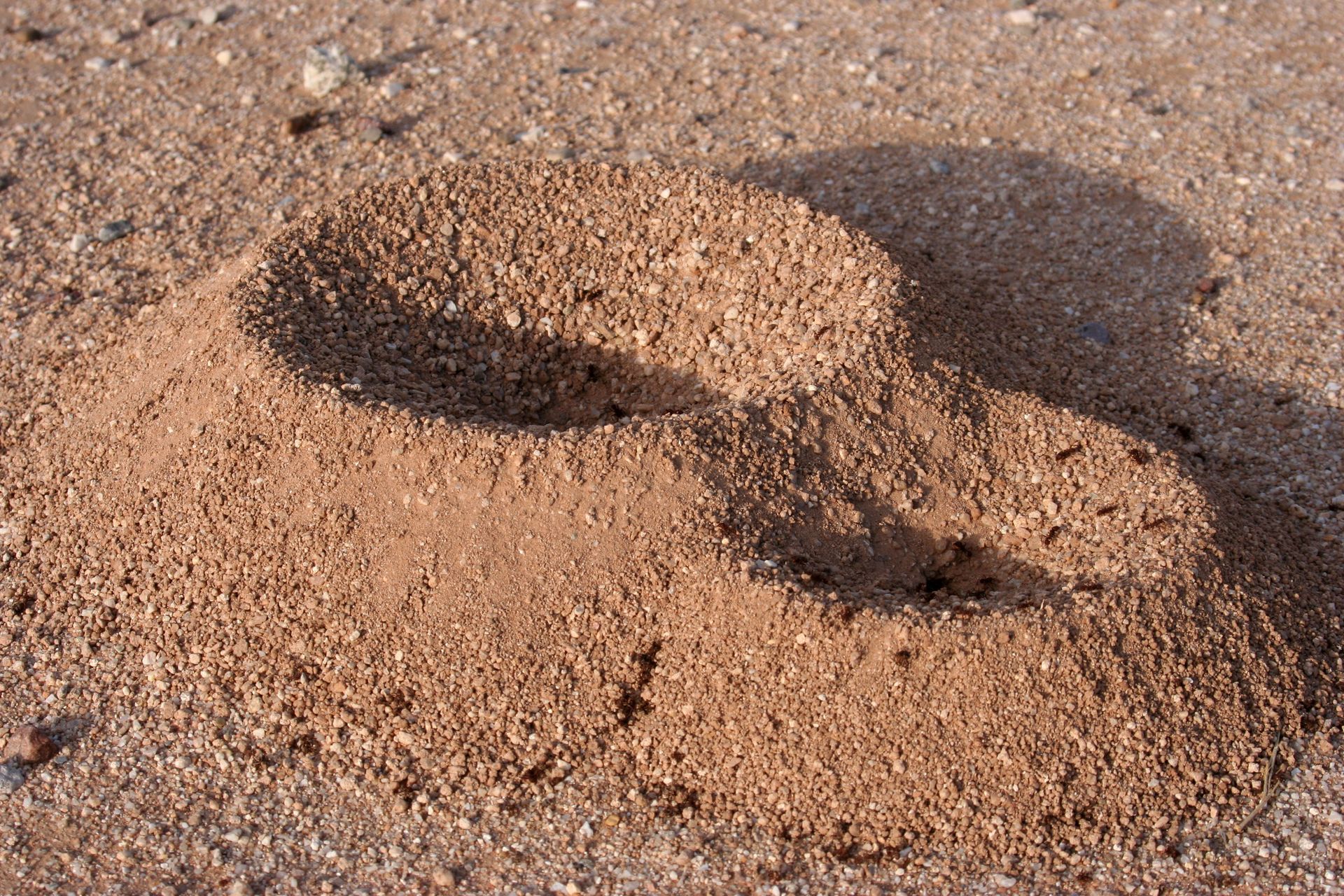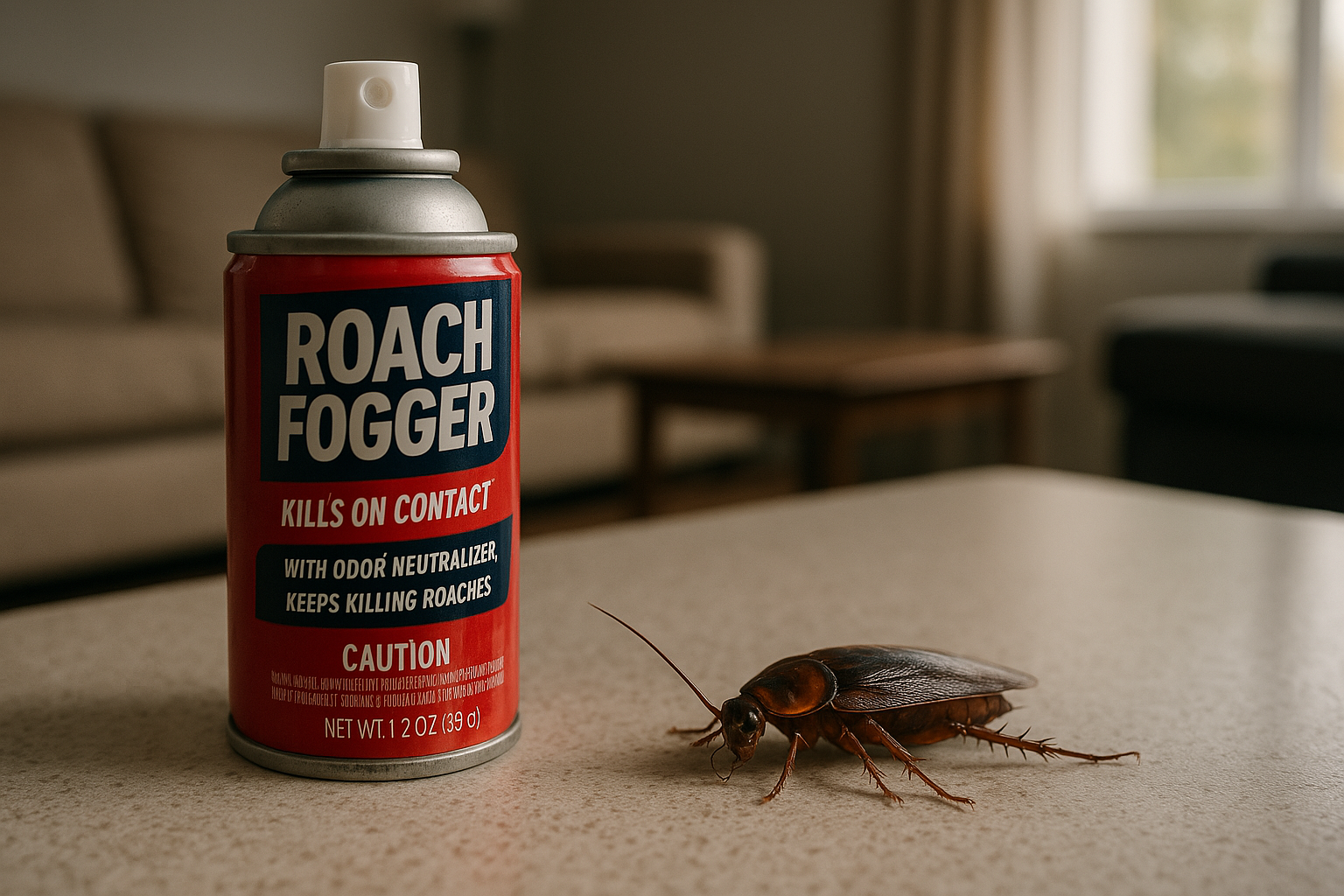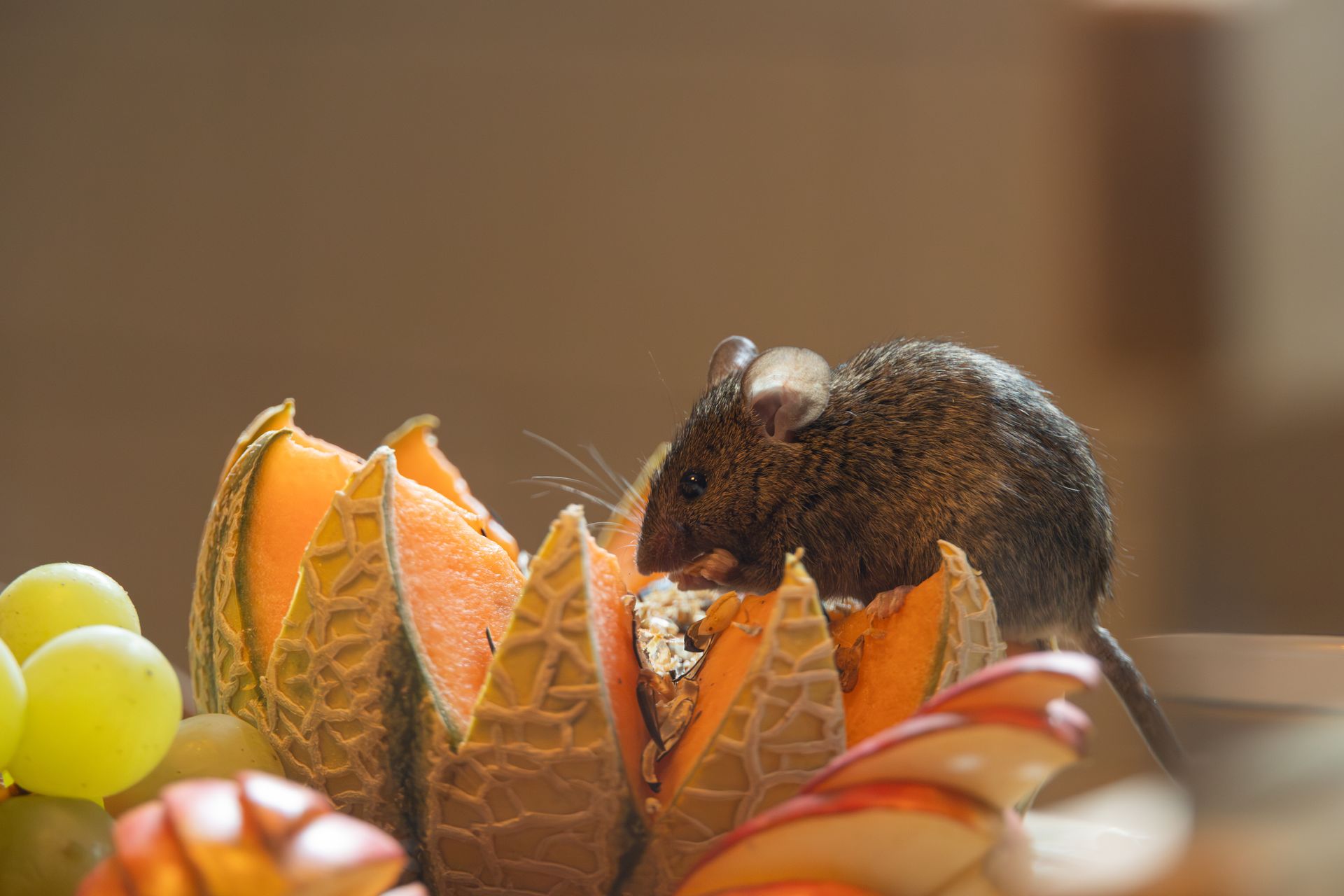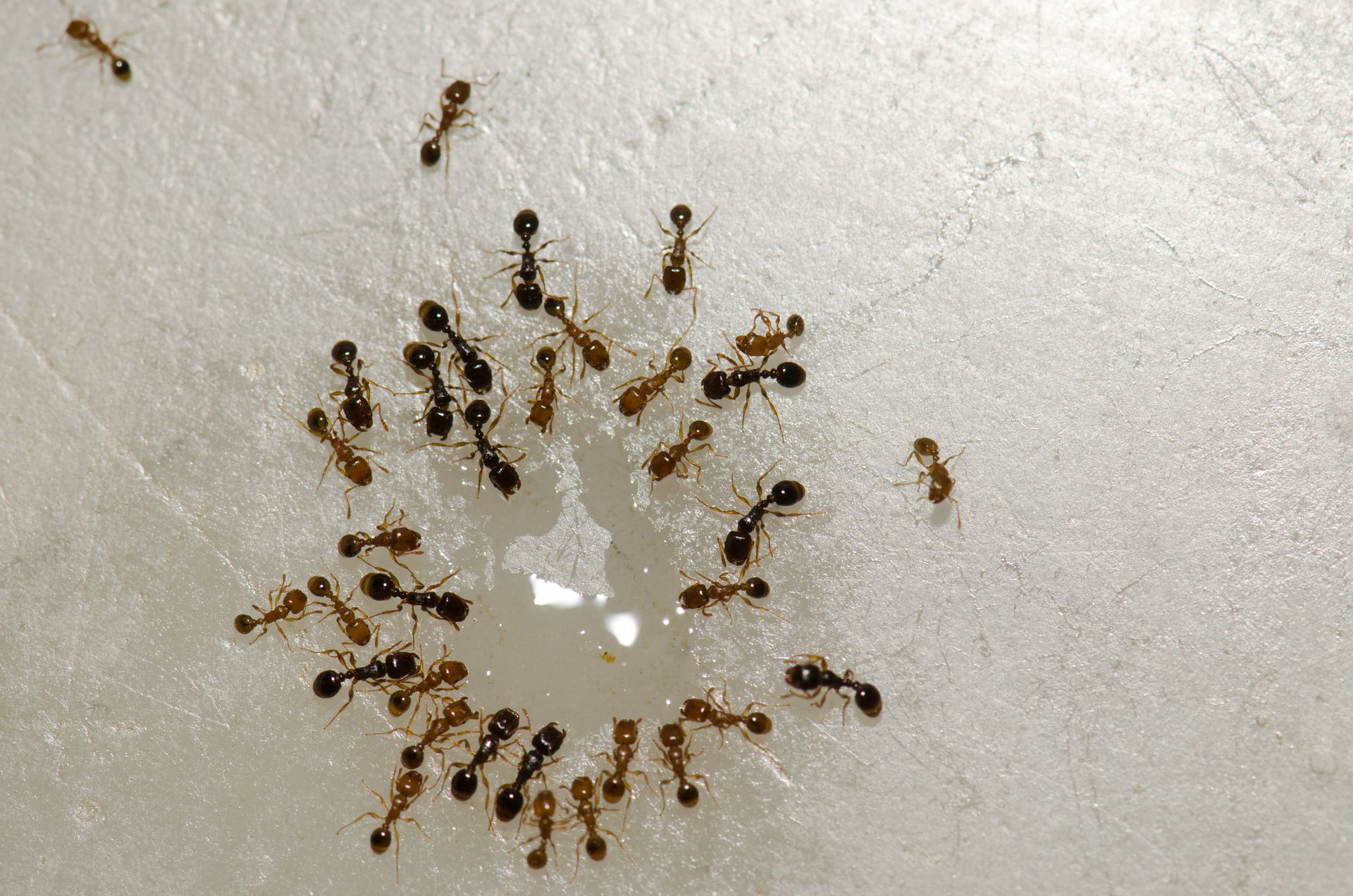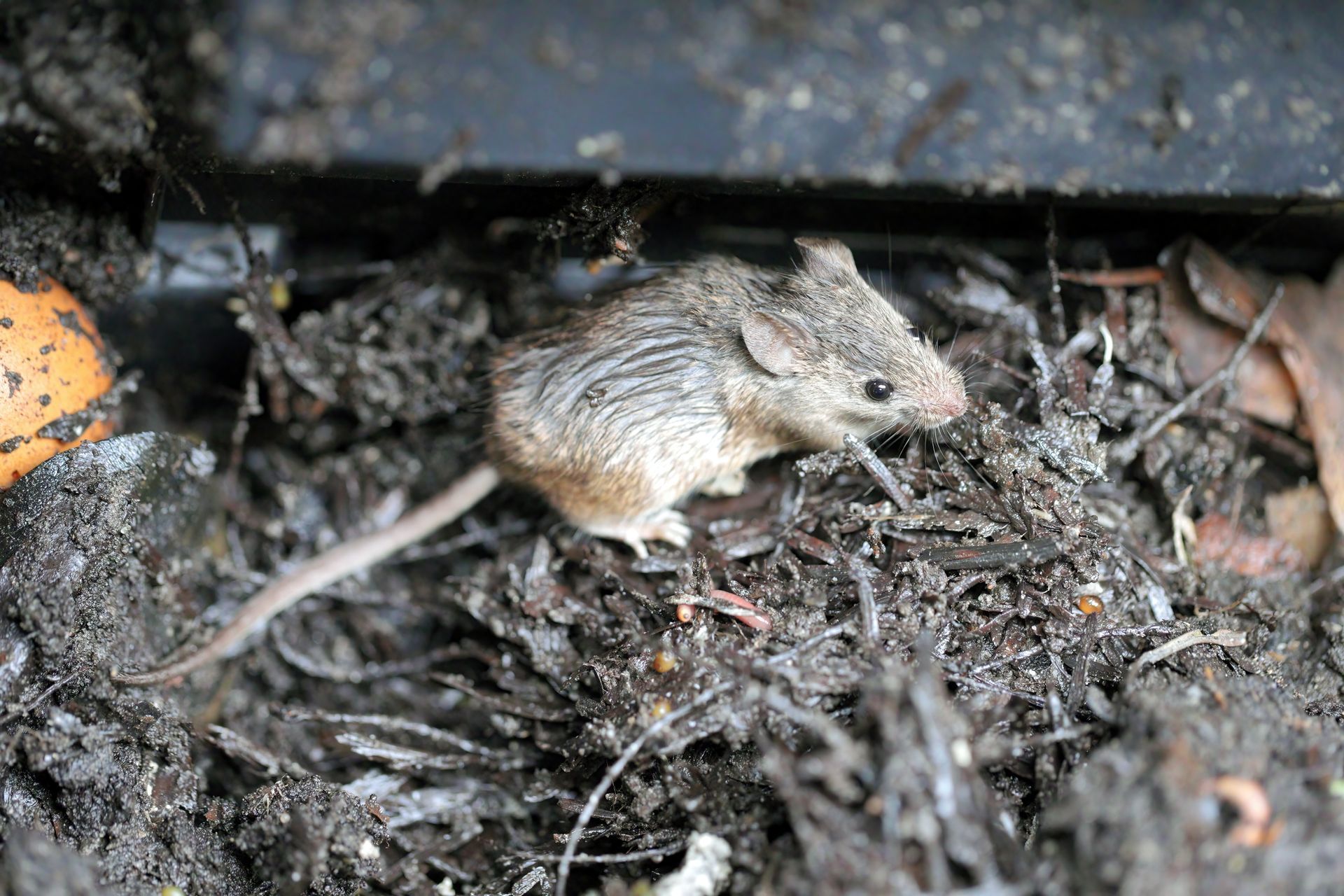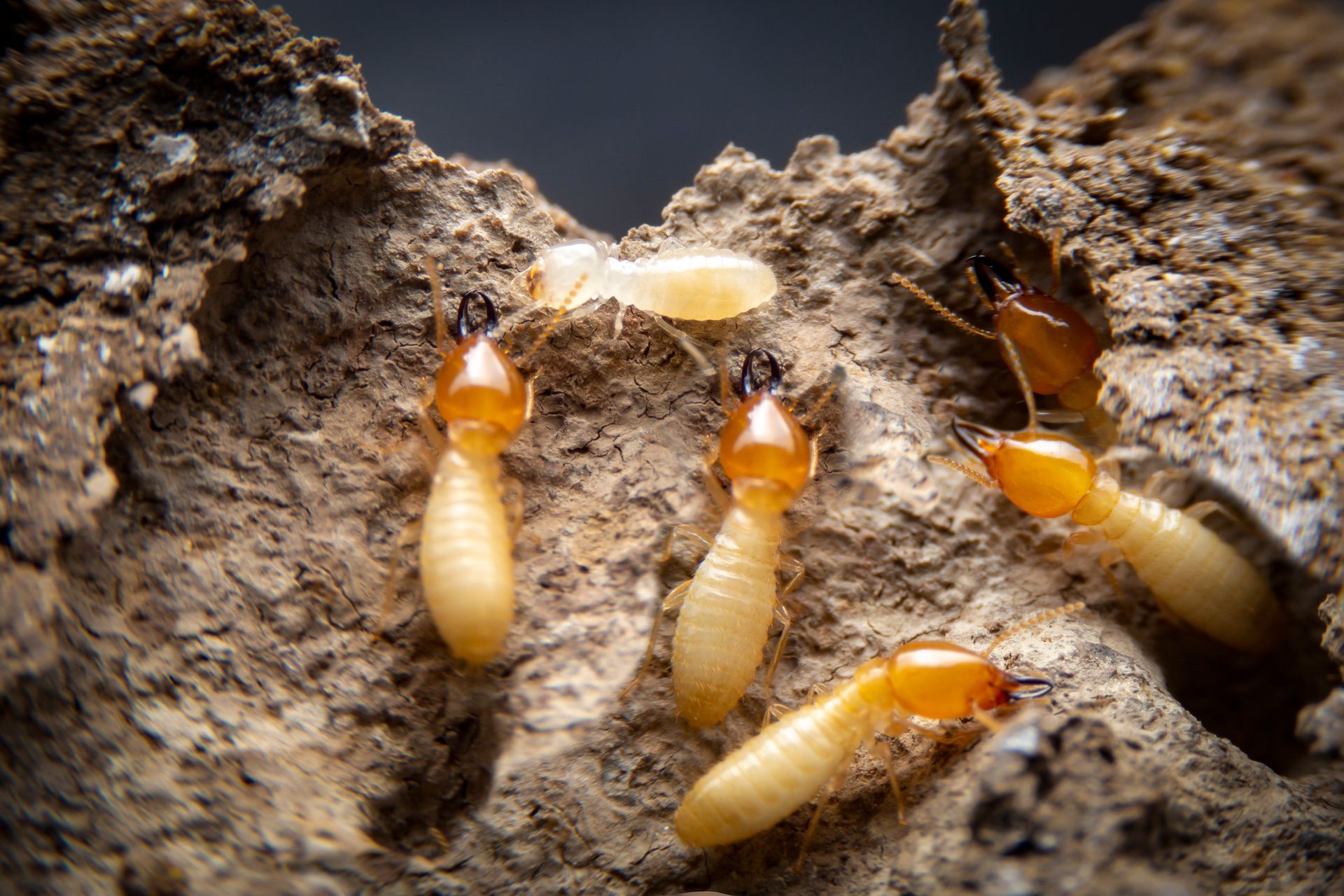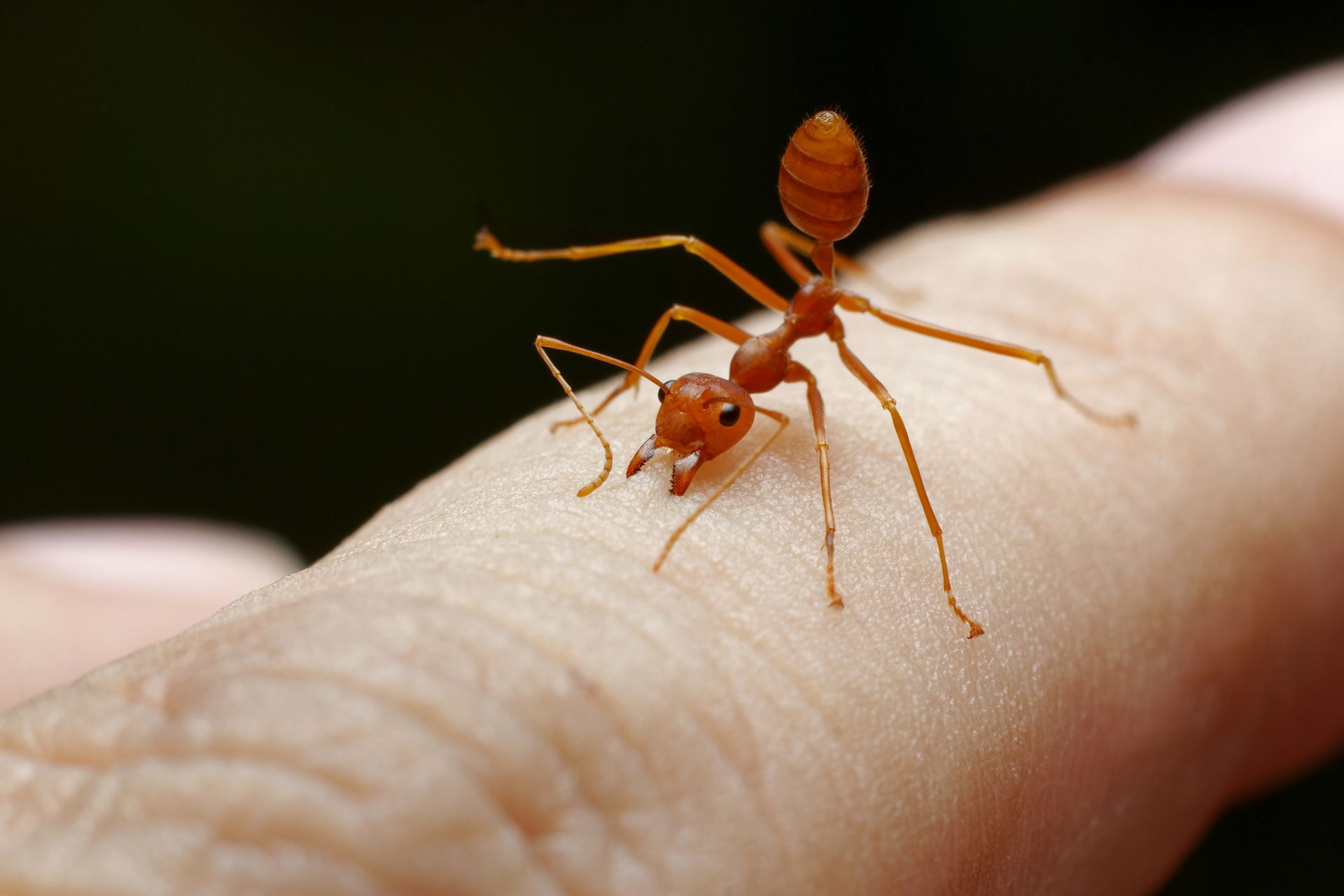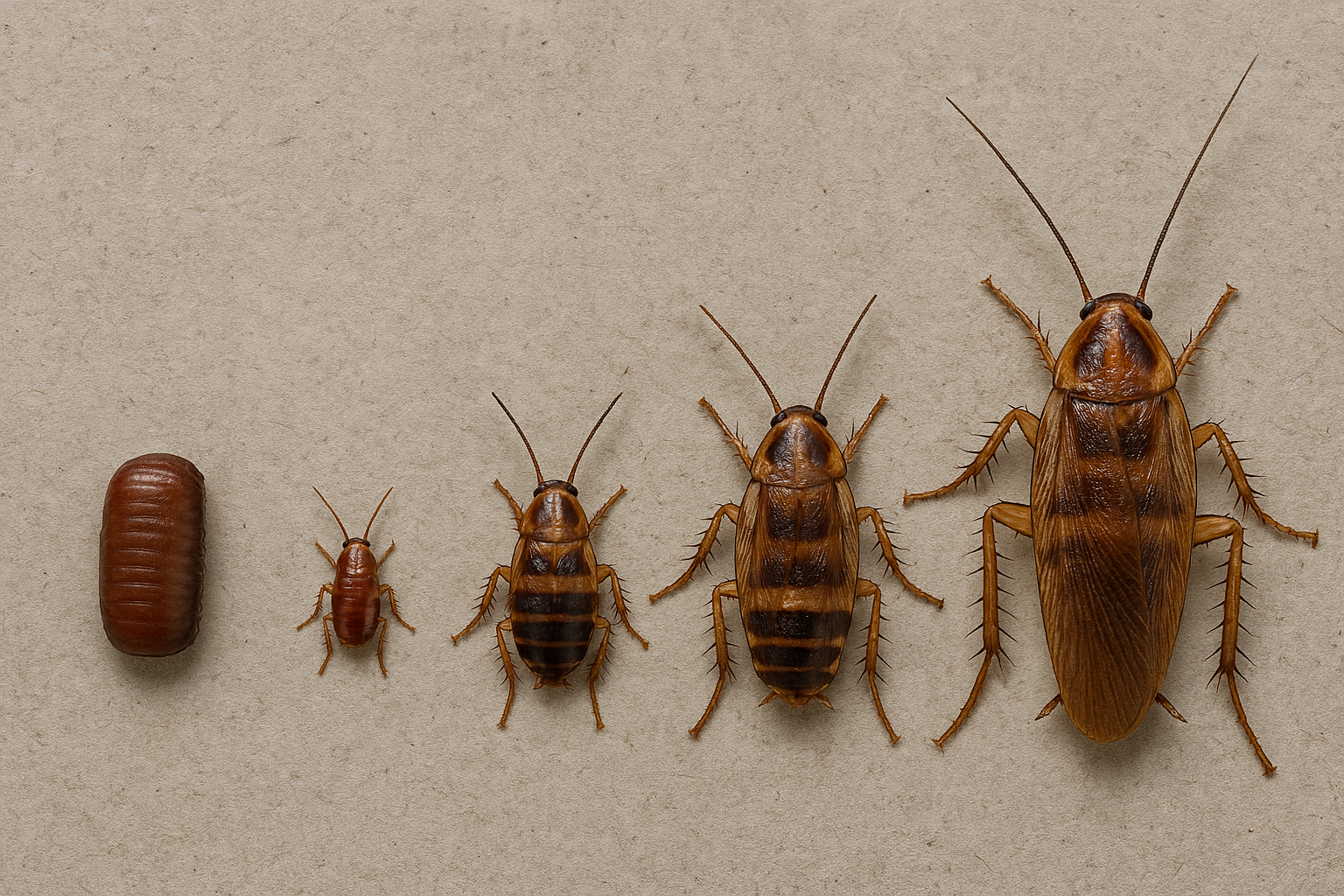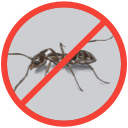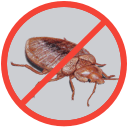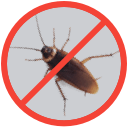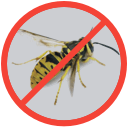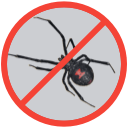Are Stink Bugs Dangerous?
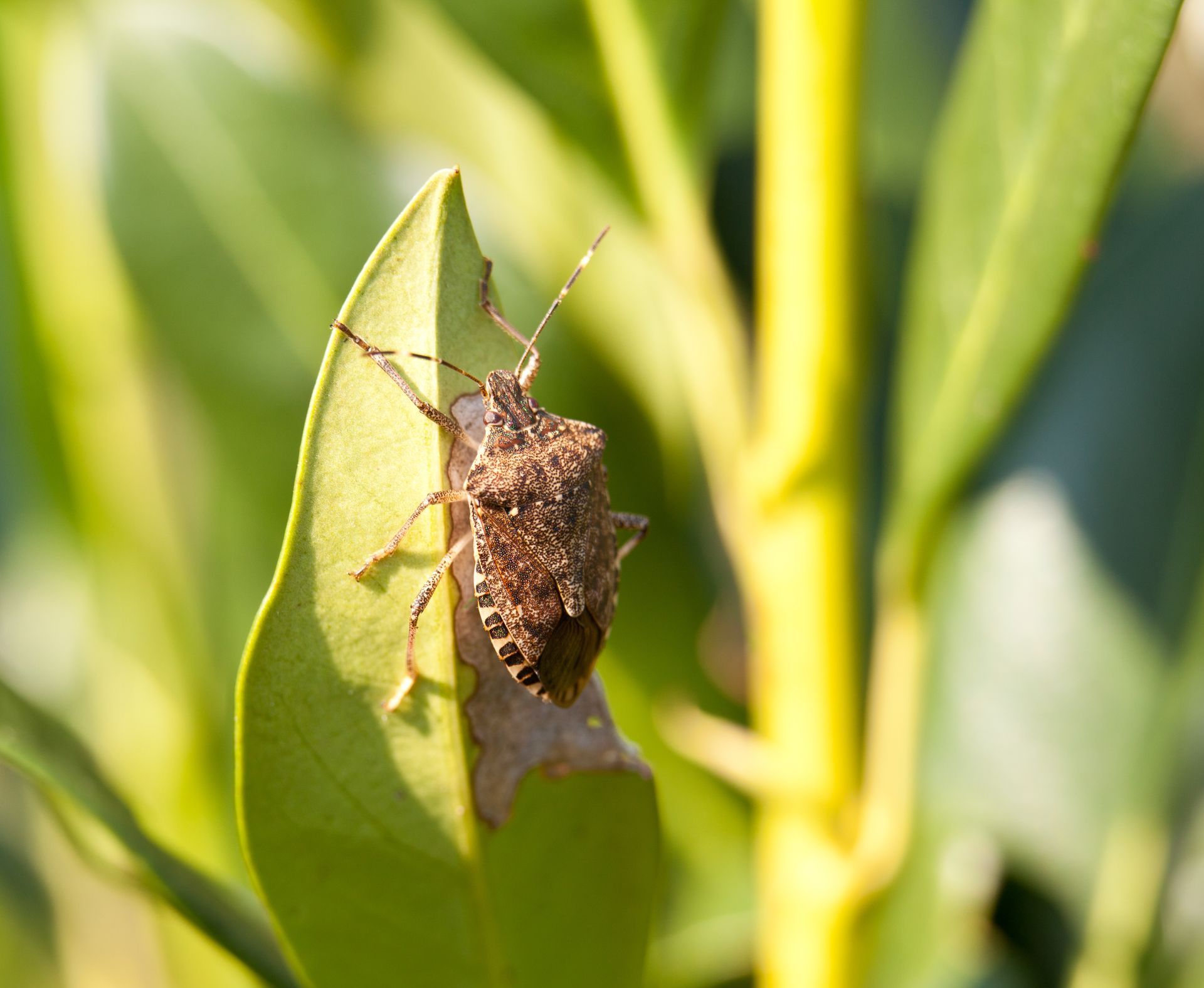
Stink bugs are not considered dangerous to humans, they just release an offensive odor as a defense mechanism. They are incapable of biting or causing harm to people, but it is important to handle them carefully to avoid agitating them and dealing with their smell. The main concern with stink bugs is their ability to invade homes in large numbers and the threat they pose to the agricultural industry. Stink bugs are sap suckers that can cause significant damage to crops.
In residential areas, the brown marmorated stink bug is the most common stink bugs species. These shield-shaped pests can enter homes through cracks or openings and seek shelter indoors, particularly during the fall when they look for warmer temperatures. They tend to hide in walls or attics and become active in living spaces during spring. While their foul odor is the primary reason homeowners dislike them, stink bugs do not bite, spread diseases, suck blood, or cause structural damage to homes.
What Are Stink Bugs?
Stink bugs are a diverse group of insects found in North America, comprising both plant-feeding and predatory species. The plant-feeding stink bugs can be a nuisance in gardens and can cause damage to crops, trees, orchards, and vineyards. On the other hand, predatory stink bugs are beneficial to homeowners as they help control various garden pests, including armyworms, potato beetles, and bean beetles. This is why it is important to correctly identify stink bugs before taking any control measures because eliminating stink bugs without proper identification can inadvertently remove beneficial predatory species.
Are Stink Bugs Harm?
Stink bugs are among the least dangerous insects to humans and do not pose a significant threat to human health. They generally can’t hurt humans in any way as they are incapable of biting, stinging, or spreading diseases. Without any physical defenses, they protect themselves by releasing a foul-smelling chemical from pores in their bodies. The chemical may have an offensive odor, but it is not toxic or harmful. The only instance in which a person might be affected is when individuals are highly allergic to this chemical. Those that are allergic may experience symptoms such as runny nose, itchy eyes, and skin irritation. When an allergic response is triggered, affected individuals should wash the affected area with soap and water.
Do Stink Bugs Bite?
Stink bugs do not bite humans. Stink bugs are primarily herbivores that feed on plant materials by sucking juices from leaves, roots, and stems. They lack the necessary structures like teeth or mandibles that would cause painful bites. Instead, their mouths are made up of a long straw like proboscis that is designed to pierce the delicate skin of leaves and stems. Their primary defense mechanism to ward off predators, including humans, is releasing a foul-smelling chemical their bodies produce. However, it is not advisable to swat stink bugs on the skin, as they can release a liquid substance that may cause mild symptoms such as skin irritation or dermatitis. Overall, stink bugs are not aggressive towards humans and pose no biting or stinging risk.
Are Stink Bugs Poisonous?
Stink bugs are not poisonous. Despite their unpleasant smell, they do not possess venom or toxins that can cause harm to humans or pets. While some people may be sensitive to their odors, the reaction is typically a mild allergic reaction rather than a serious concern. It is important to note that stink bugs are not edible due to the chemical they release but accidentally consuming one does not pose a poisonous risk. Ingesting stink bugs may lead to symptoms such as an upset stomach or mouth irritation, but they are not toxic or harmful beyond causing potential skin irritations, minor discomfort, and allergies.
Are Stink Bugs Poisonous to Dogs and Cats?
Stink bugs are not poisonous to dogs and cats. While dogs and cats may show interest in investigating and even eating stink bugs, the insects themselves are not toxic to pets. However, the bitter compounds found in stink bugs can cause pets to have a strong negative reaction. This may result in symptoms such as vomiting, excessive drooling, or mouth irritation.
Fortunately, these symptoms are typically temporary and should pass on their own. It is important to monitor your pet and ensure they do not consume a large number of stink bugs, as this can potentially lead to the formation of a hard mass called a bezoar in the stomach. In such cases, veterinary attention may be required to remove the mass.
If your pet has eaten a stink bug, it is advisable to seek prompt medical attention to address any potential gastrointestinal discomfort that may present itself but otherwise without symptoms, no care is needed. Additionally, washing your pet's mouth after they have consumed a stink bug can help remove the unpleasant taste and alleviate any mouth irritation.
Are Stink Bugs a Threat to Your Home?
Stink bugs are not a direct threat to the structure of your home and do not cause any structural damage. They can become a nuisance if they invade your home during the colder months though. Stink bugs seek shelter indoors as a source of warmth and moisture. While a few stink bugs may not be a major issue, a large infestation can be bothersome due to the accumulation of their unpleasant odor.
Dealing with a significant indoor infestation of stink bugs is worth considering, but it ultimately depends on your personal preference. Some people choose to remove them by scooping them up and releasing them outside, while others may choose to ignore them altogether. If the presence of stink bugs in your home becomes a persistent problem, you may want to explore methods to control and prevent their entry, such as sealing cracks and openings that serve as entry points.
Are Stink Bugs Dangerous to Personal Belongings?
Stink bugs can potentially cause staining on curtains, couches, fabrics, and carpets if they are crushed. Cleaning these stains can be a challenge so it is better to get rid of stink bugs by using a vacuum instead of crushing the bugs. This method allows stink bugs to be removed without damaging them. It is important to note that it will agitate them though, so the stink bugs will release their foul smell inside the vacuum once they are contained. Be sure to discard anything the vacuum collects in a way that will keep the stink bugs contained to prevent the stink bugs from returning.
What Are Stink Bugs a Threat To?
Stink bugs only pose a significant threat to the plants they feed on. In addition to causing damage to the actual fruit or vegetable, stink bugs also suck the fluids out of the leaves, stems, and roots which impact the overall health of the plant. The challenge lies in detecting stink bug infestations, as some plants may appear green and healthy even after being attacked. Stink bugs are generally more of a concern for large-scale agricultural projects like vineyards, orchards, and farms. A few stink bugs in home gardens are generally not going to be a significant issue unless they congregate in large numbers. Be sure to monitor plants for any signs of stink bug activity or damage and take appropriate measures to manage their population if necessary.
How to Prevent Stink Bugs
To prevent stink bugs from entering homes and buildings, it is crucial to seal all cracks and openings where they can gain access. This includes sealing cracks around windows and doors, siding, utility pipes, outlets, chimneys, and wood fascia. Using high-quality silicone or silicone-latex caulk is recommended for sealing these gaps. It’s also recommended that damaged screens on doors and windows are replaced and fine-mesh screens are installed over outside vents to further prevent stink bug entry.
Another preventive measure is to replace outdoor lighting with yellow bulbs, as stink bugs are less attracted to this type of light. Before bringing items stored in bins into your home, thoroughly inspect them for stink bugs. Furthermore, using essential oils can be a natural remedy for treating or preventing stink bug issues. Mix 10 to 20 drops of stink bug deterring essential oils into a cup of water, transfer the mixture into a spray bottle, and treat all windowsills and doorways to discourage stink bugs from entering. Seeking assistance from a licensed pest professional during late summer or fall can also help in treating for stink bugs to prevent infestations as they seek shelter from the cold.
In outdoor settings, deterring stink bugs can be achieved by making it harder for them to find food. If you have a garden, using row covers can help keep stink bugs away from your produce and yard. By depriving them of a food source, they will be inclined to move elsewhere. However, it is important to consider the timing of using row covers, as they may also prevent pollinators from accessing the crops. Traps with lures can be useful in determining the level of stink bug activity in your area, but caution must be exercised when using them to avoid drawing more stink bugs into the vicinity.
How to Get Rid of Stink Bugs
The most effective method to get rid of stink bugs is to use a vacuum cleaner to remove them from your home. Ensure that you dispose of the vacuum bag or empty the canister promptly to prevent the spread of odor. If the infestation persists or if you require further assistance, it is advisable to contact a licensed pest control professional who can assess the problem and provide an effective treatment solution.
Contact EcoGuard Pest Management if You Are Dealing with Stink Bugs
If you're facing stink bug problems and need professional assistance, don't hesitate to take action. Call EcoGuard Pest Management today for effective solutions and reliable pest control services. Their experienced team can help you eliminate stink bugs from your home or building, ensuring a pest-free environment. With their expertise and commitment to customer satisfaction, EcoGuard Pest Management is your trusted partner in managing stink bug infestations. Take the proactive step and give them a call to regain control over your space. Don't let stink bugs disrupt your peace of mind any longer - contact EcoGuard Pest Management now.


